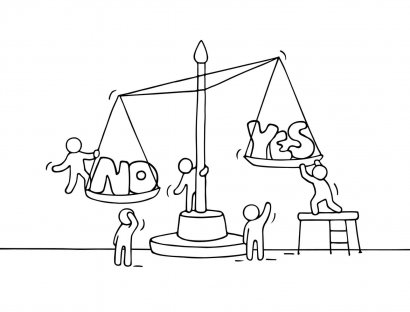 The monastery is one of the most important religious buildings since it has to do with the creation of a quiet and relaxed space in which the inhabitants or guests can dedicate themselves to daily prayer and connection with their god. The monastery receives its name from Greek, the language in which it meant 'the house of one only', since at first the monasteries were inhabited by a single monk or believer.
The monastery is one of the most important religious buildings since it has to do with the creation of a quiet and relaxed space in which the inhabitants or guests can dedicate themselves to daily prayer and connection with their god. The monastery receives its name from Greek, the language in which it meant 'the house of one only', since at first the monasteries were inhabited by a single monk or believer.
Monasteries have existed since time immemorial as they have been created by man to ensure a space of perfect devotion to the god and of intimate relationship with him. Although monasteries were especially important and common from the Middle Ages in Europe, many other religions (such as the Buddhist) have similar spaces where those individuals who inhabit them dedicate themselves almost exclusively to reflecting on the relationship of the human being. with their god.
Monasteries are normally composed of environments specially designed and created for prayer (spaces that are usually called oratory and in which all the essential elements of the religion in question are arranged) as well as an area of rooms in which the monks retire to rest and to carry out their private tasks. Monasteries usually have common rooms such as dining rooms or patios in which all the monks meet at certain times of the day.
The importance of medieval monasteries was vital in terms of culture since all kinds of manuscripts were made in them that allowed to keep religious practices alive, as well as to encourage scientific research, philosophy, metaphysics and other sciences. At present, monasteries continue to exist for those who dedicate themselves to a religious career and who resort to these spaces to focus their thoughts on God, on religious practices and on the values that that religion implies.









